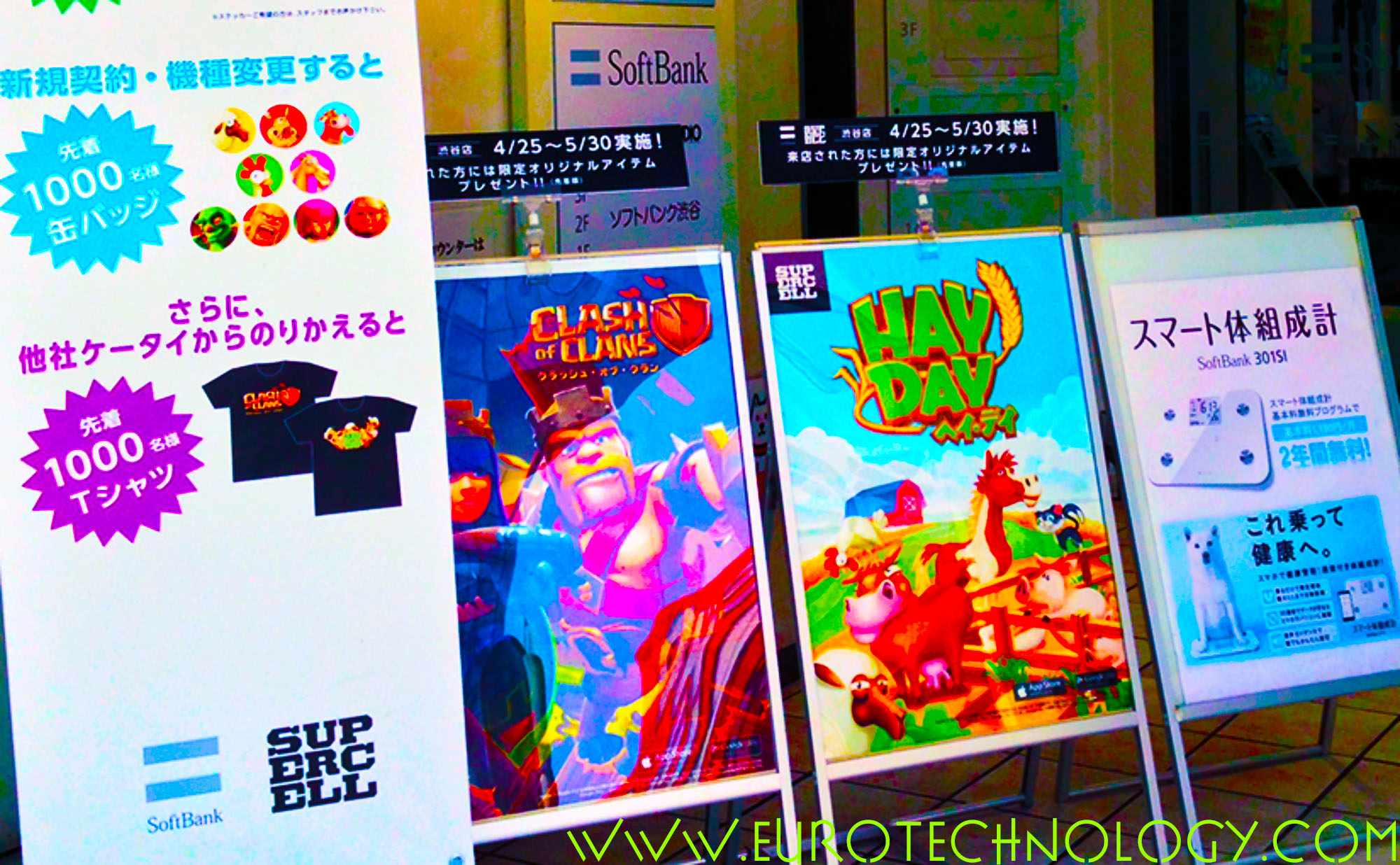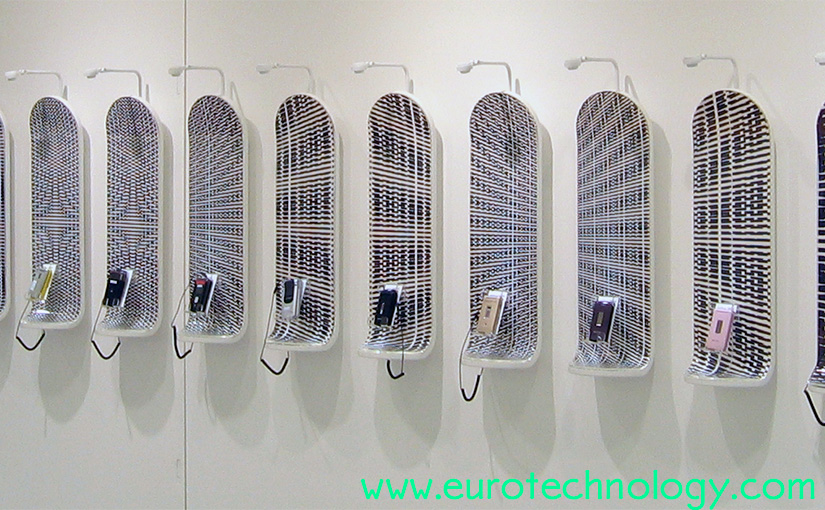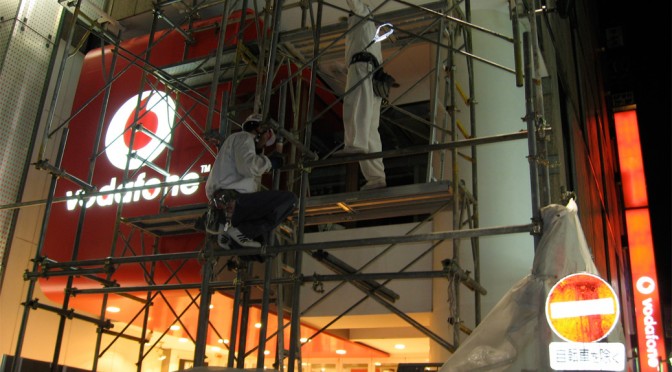Tag: softbank
-

SoftBank acquires ARM Holdings plc driven by paradigm shift to Internet of Things (IoT)
On 18 July 2016 SoftBank announced to acquire ARM Holdings plc for £17 per share, corresponding to £24.0 billion (US$ 31.4 billion) by Gerhard Fasol SoftBank acquires ARM: acquisition completed on 5 September 2016, following 10 years of “unreciprocated love” for ARM On 18 July 2016 SoftBank announced a “Strategic Agreement”, that SoftBank plans to…
-

Supercell: Softbank increases ownership to 73.2%
Supercell valued at US$ 5.3 billion Softbank and GungHo jointly acquired 51% in October 2013 for US$ 1.5 billion by Gerhard Fasol On June 1, 2015, SoftBank announced an investment to increase the ownership of Supercell stock from 50.5% to 73.2% on a fully diluted basis. This transaction had closed on May 29, 2015. While…
-

Supercell: SoftBank and GungHo acquire 51% for US$ 1.5 billion
Supercell valued at approx. US$ 3 billion Supercell investment leverages paradigm shift, time shift and market disconnects Smartphones and the “freemium” business models are bringing a dual paradigm shift to games and create a new truly global market. To take advantage of this global paradigm shift, its necessary to overcome the cultural disconnects between markets.…
-

Vodafone brand disappears from Japan: Vodafone -> SoftBank rebranding
Vodafone sells Japan operations to Softbank by Gerhard Fasol Vodafone brand is replaced by the Softbank brand “SoftBank” replaces “Vodafone” brand in Japan following Vodafone’s decision to sell all Japan operations to the Softbank Group (after Vodafone had previously split off and sold fixed-line and other operations to Softbank in earlier transactions). Photographs below show…
-

Implementing Vodafone’s departure from Japan: SoftBank starts rebranding Vodafone in Japan
Vodafone sold Japan operations to SoftBank by Gerhard Fasol The Vodafone brand is replaced by the SoftBank brand all over Japan Saturday June 10, 2006 was the first time we saw SoftBank replacing the Vodafone brand in Japan – bringing a formal end to Europe’s largest ever investment in Japan. Vodafone’s withdrawal from Japan is…
-

Why Japan is several years ahead of EU in telecoms and broadband?
and what can Europe do to catch up? Presentation to EU Technology Attaches at the Embassy of the European Union in Tokyo by Gerhard Fasol by Gerhard Fasol Today (March 23, 2006) I was invited to brief the Technology Attaches of the Embassies of the 25 European Union countries here in Tokyo about Japan’s telecommunications…
-

EU investments in Japan: Why did Vodafone fail in Japan?
Vodafone made the largest ever European investment in Japan by Gerhard Fasol Why did Vodafone fail so dramatically in Japan? Quick answer Vodafone failed in Japan not for one single reason but for hundreds of reasons, which can be grouped into two groups Long answer Find a long answer in this blog post below, in…
-

Vodafone in Japan? Why did Vodafone change its mind about Japan?
Negotiations between SoftBank and Vodafone about sale of Vodafone Japan confirmed by Gerhard Fasol Bloomberg: Vodafone-Japan CEO Tsuda seeks growth in Japan, not sale About one year ago, in an interview with Bloomberg (“Vodafone KK’s Tsuda seeks growth in Japan, not sale“), I mentioned that a sale of Vodafone’s Japan operations to Softbank might be…
-
Cable and Wireless-Japan acquired by Softbank???!!
Today’s top article in Nikkei is about Cable and Wireless-Japan: the article reports that Cable and Wireless is in discussion with Softbank and a private equity firm to sell their Japan operations. Apparently this news article is not confirmed, and it already mentions a purchase prize on the order of US$ 100 million. This article…
-

The Economist about 3G and Vodafone in Japan
An article in The Economist about Vodafone is partly based on our analysis: “Vodafone- Not so big in Japan” (The Economist, Sept 30th, 2004) Japan telecommunications industry market report Copyright 1997-2013 Eurotechnology Japan KK All Rights Reserved